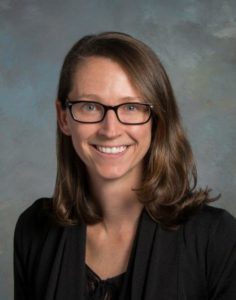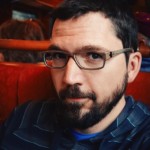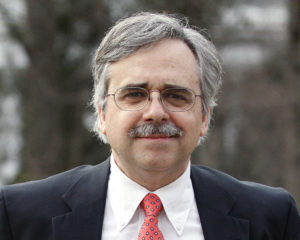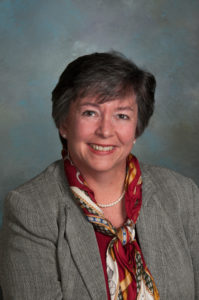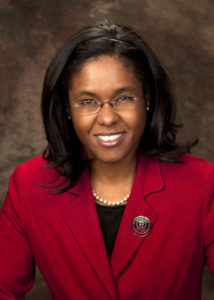
Vice President for Enrollment Management Kimberley Buster-Williams
Kimberley Buster-Williams, vice president for enrollment management, participated in American Association of Collegiate Registrars and Admissions Officers (AACRAO) virtual Coffee Talk event on Friday, May 1, 2020. Buster-Williams presented with colleagues Tom Green, Stan Henderson, and Jody Gordon (University of the Fraser Valley). The 60-minute session was titled, “AACRAO Coffee Break: Enrollment Planning for COVID-19 and Beyond.”
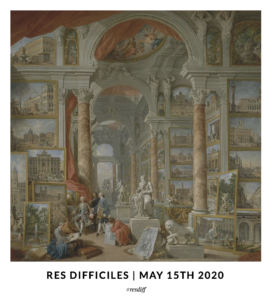
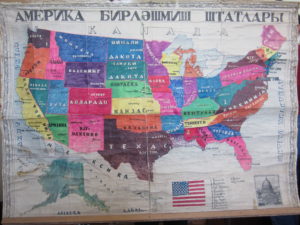 On Tuesday, May 12, 2020, Middle East History Professor Nabil Al-Tikriti presented a talk entitled “Engaging with Higher Education in Azerbaijan,” invited and hosted by Drexel University’s Global Education Curriculum. This talk was shaped by Prof. Al-Tikriti’s experiences as a Fulbright Scholar in Baku, Azerbaijan in academic year 2018-2019. In this presentation, he addressed points concerning American preconceptions of post-Soviet societies, Caucasus politics, and challenges of Higher Education in Azerbaijan. He wishes to thank Drexel University Professors Joyce Pittman and Kristy Kelly.
On Tuesday, May 12, 2020, Middle East History Professor Nabil Al-Tikriti presented a talk entitled “Engaging with Higher Education in Azerbaijan,” invited and hosted by Drexel University’s Global Education Curriculum. This talk was shaped by Prof. Al-Tikriti’s experiences as a Fulbright Scholar in Baku, Azerbaijan in academic year 2018-2019. In this presentation, he addressed points concerning American preconceptions of post-Soviet societies, Caucasus politics, and challenges of Higher Education in Azerbaijan. He wishes to thank Drexel University Professors Joyce Pittman and Kristy Kelly.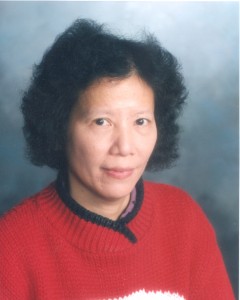
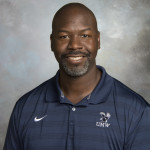
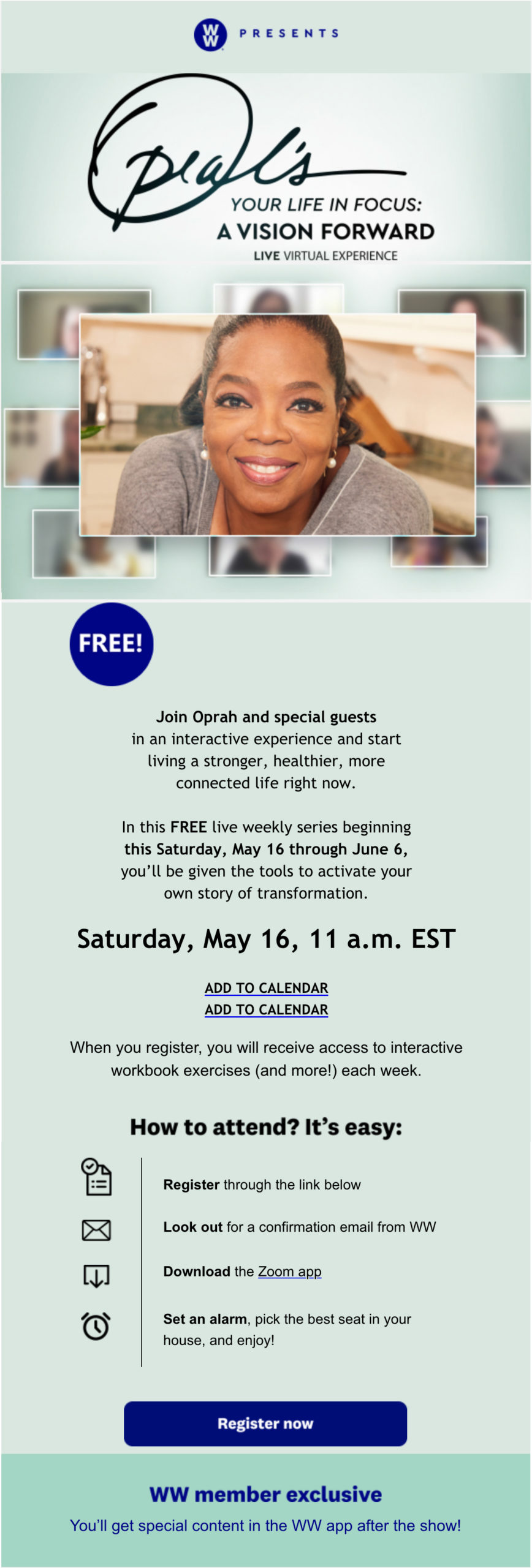 A message from the Office of Human Resources.
A message from the Office of Human Resources. 